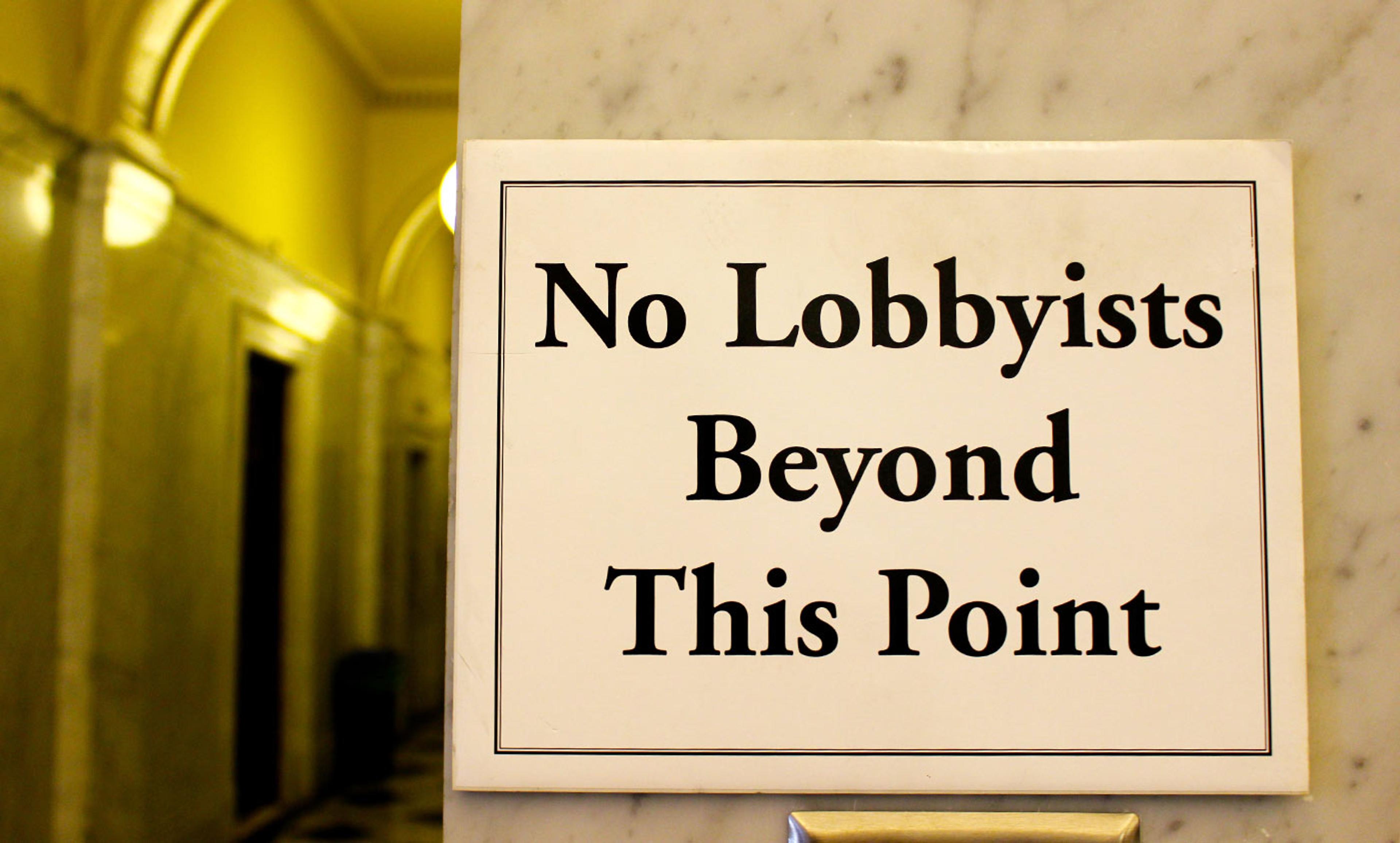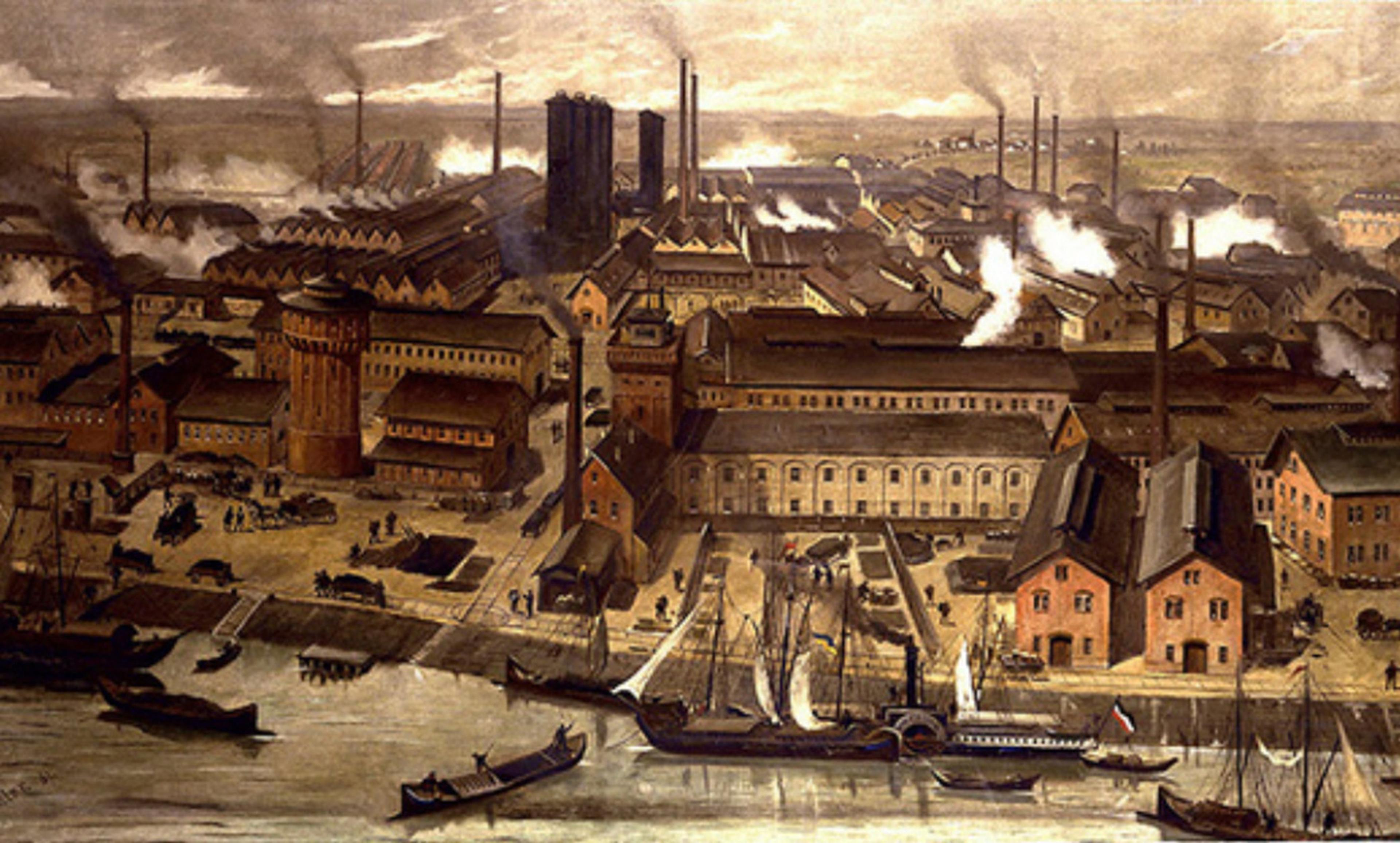Photo courtesy UN
In Capitalism and Freedom (1962), the economist Milton Friedman once accused corporate social responsibility of being a ‘fundamentally subversive doctrine’. In Friedman’s view, the business of business is business, not political causes, and certainly not progressive ones. However, the view that businesses fulfil a larger social purpose than filling the pockets of shareholders has recently grown more popular than ever.
Entrepreneurs, CEOs and business management writers have talked about ‘creative capitalism’ (Bill Gates), ‘creating shared value’ (Michael E Porter), ‘conscious capitalism’ (John Mackey), or ‘inclusive capitalism’ (C K Prahalad). The common underlying idea is that not all kinds of profit are equally legitimate. For them, ‘stakeholders’ – not just shareholders – should be taken seriously by the corporation. The invocation of responsibility towards stakeholders is one way of claiming the social legitimacy of business corporations, whose social legitimacy and authority historically has been questioned again and again. To be sure, these people have not changed the way that the vast majority of companies in most countries actually work, running on traditional capitalist principles, short-termism, shareholder-value maximisation and historically unprecedented CEO compensation levels.
But many companies often find ways to brand themselves and to market their commitments to social purposes. Today, international organisations including the United Nations have taken over a view of corporations as being institutions that can be channelled in the direction of social purposes. This became particularly evident under the leadership of the former Secretary-General Kofi Annan, who in an address to business people at a World Economic Forum gathering in Davos in 1999 called for a new ‘compact’ between the UN and business. With the launch of the UN Millennium Development Goals in 2000 and subsequently in the Sustainable Development Goals of 2015, the role of business as a key partner in achieving these goals was also given much weight. In response to an economic globalisation with weak political international integration, the idea was that businesses should play a vital role for development and poverty-reduction.
A more progressive spirit in the world of business wouldn’t be a bad thing. Most people wouldn’t rather live in a world where entrepreneurs such as Gates couldn’t care less about human welfare.
However, it’s unlikely that more substantial and lasting progressive social change will come from a new corporate ethic. While proponents of progressive business often proclaim to be the vanguard of a new ‘revolution’ wherein the role of business in society as we know it will change, it is worth noting that progressive business is by no means a new idea.
For example, the book The American Business Creed came out in 1956. Written by a distinguished team of three economists – Seymour E Harris, James Tobin and Carl Kaysen – and one sociologist, Francis X Sutton (the lead author), it was the most comprehensive account of US business ideology ever written. The book laid bare a conceptual tension between two kinds of business ideologies: ‘the classical business creed’ and ‘the managerial business creed’. Where the former saw profit-maximisation as the central goal of corporations, the latter saw social responsibility as the key goal.
The defining characteristics of the classical creed – dominant up until the mid-20th century – was the belief in competition, individualism, hard work, private property, materialism, meritocracy, limited government and free markets. It praised the US business enterprise as the root cause of the historically unique increase in living standards. While it saw self-interest as what Sutton et al called the ‘universal and immutable motivation of every man’, it was skeptical about government interference and legislative reform from ‘intellectuals’ and ‘do-gooders’, who would be ‘apt to be naïve about human nature’.
But the hegemony of the classical business creed was broken. Between the 1920s and the late 1940s, a new managerial creed arose to supplement it; as Sutton and his co-authors wrote: ‘The doctrine that the evil days of rugged individualism have now passed and that a new era of business responsibility has emerged wins increasing praise.’ In the classical view, the owners are the enterprise, whereas in the managerial view the owners are ‘on par with other groups who have stakes in, and just claims on, the organisation’. The managerial view conceived of managers as analogous to statesmen. They were to mediate between different groups, maintaining attention on justice and wisdom in decision-making, and ‘consciously direct economic forces for the common good’. This also meant that ‘profits above a “fair” level are an economic sin’.
Since the 1960s, Friedman and others have laboured hard – and successfully – to push back the managerial creed and to revitalise the classical business creed. As a public economist, Friedman alone would attack the managerial creed through books such as Capitalism and Freedom and journalism – not least his article ‘The Social Responsibility of Business is to Increase its Profits’ (1970) – and in public lectures given at universities and elsewhere.
During the 1980s, a good amount of success was achieved in what became known as the ‘shareholder value maximisation’ revolution. ‘Managerialism’, however, with its ethic of business as being socially responsible to multiple stakeholders, remained alive, a subordinate part of the business world. And since the 1990s, the spirit of progressive business has resurfaced with ideals consistent with its early 20th-century predecessor: common good before private good, stakeholders before shareholders, not all kinds of profits are morally legitimate.
The second decade of the 21st century, however, provides a very different context for the rise of a progressive, managerial business ethos. Todays’ proponents of progressive business exist in our environment of historic inequality, broken labour unions and a crisis of social democracy. The ‘managerial view’ first arose in response to the New Deal. It was about securing the social legitimacy of US business in the context of the emergence of two new contending institutions in US society: Big Labour and Big Government. Businesses needed to emulate their rhetoric – they needed to build a new ‘moral economy’ of a US capitalism that was committed to ‘service’ and to the common good.
Where the managerial creed existed alongside a rising middle class, today’s proponents of ‘progressive business’ find themselves in an almost contrary environment. There is no comparable, countervailing force to Big Business. Where the mid-century managerial creed operated on the basis of there being a contradiction between being for-profit and for-society, contemporary proponents of progressive business often reject that there is any. And where progressive business people might increase the wellbeing of stakeholders to their particular corporations, other institutions such as social democracy and labour and social movements would be necessary if the goal is to raise the welfare of all citizens.
In brief, a corporation might very well provide health insurance to ‘its’ employees, but only the state can provide adequate health care for all citizens, including the long-term unemployed. Similarly, a corporation might implement more sustainable environmental and climate policies, but other forces such as strong environmental organisations are necessary for a long-haul push. Progressive business is an idea with a longer history than commonly recognised. This history shows that while progressive business can certainly help achieve good things, it should not be a substitute for progressive politics.






